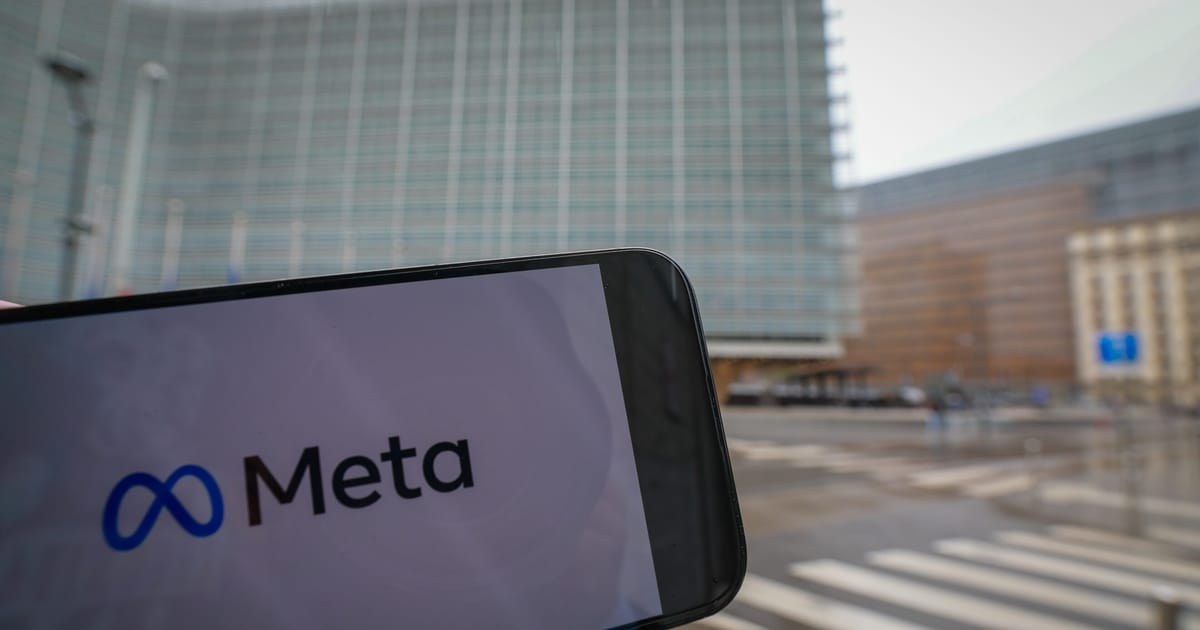

In a rapidly evolving global landscape, a diverse set of stories emerges concerning technology regulations, military aid, art crime, and freedom of expression. Each thread highlights unique challenges and resolutions in today’s interconnected world.
In Brussels, the discussion around artificial intelligence regulations continues as tech giant Meta stands firm in its decision not to adhere to the EU’s AI code of practice. This regulatory framework has been the subject of intense debate and lobbying within the tech industry for months. Meta’s move not to sign the code showcases the ongoing tension between regulatory bodies aiming to establish a structured approach to AI governance and tech companies concerned about operational flexibility. The EU’s AI code, part of a broader initiative to regulate artificial intelligence responsibly, seeks to address concerns over privacy, ethical implications, and transparency.
In a different yet equally impactful setting, Australia has delivered its first batch of Abrams tanks to Ukraine, reinforcing international military support for the country amidst tension with Russia. Australian Defence Minister Richard Marles reiterated the nation’s steadfast commitment to aiding Kyiv, emphasizing the essential role these tanks will play in enhancing Ukraine’s defensive capabilities. Originally pledged in October last year, the provision of 49 Abrams tanks symbolizes both a practical and diplomatic gesture of solidarity, bolstering Ukraine’s strength in a region grappling with ongoing conflict.
While the dynamics of global cooperation continue to unfold, an international operation has recently uncovered a major art fraud network, recovering 104 counterfeit artworks. Among these works was a fraudulent piece attributed to Picasso, discovered in Portugal and allegedly destined for the United States. This intricate scheme involved passing off counterfeit artwork as authentic masterpieces, deceiving buyers and fueling a complex criminal trade. The operation highlights the persistent challenges arts institutions face in safeguarding the integrity of cultural assets and protecting consumers in a global marketplace increasingly fraught with sophisticated forgeries.
Meanwhile, in the cultural sphere, a British police investigation into the Irish rap group Kneecap has concluded. The group, known for their politically charged lyrics and strong social media presence, regarded the investigation as an attempt at political intimidation. On platforms like Twitter, Kneecap celebrated the conclusion of the inquiry, which they claim was an undue probe into their artistic expression. The situation underscores issues surrounding artistic freedom and the fine line between cultural commentary and legal scrutiny.
These narratives, from the corridors of power in the EU, to the battlefields of Eastern Europe, the studios producing counterfeit art, to the stages where musicians challenge societal norms, illustrate the multifaceted interactions of today’s global society. As these stories unfold, they remind us of the importance of understanding the underlying complexities and diverse perspectives shaping our world. Through mindful engagement with these developments, we can foster a more nuanced appreciation of global interconnectedness.
Source: {link}
